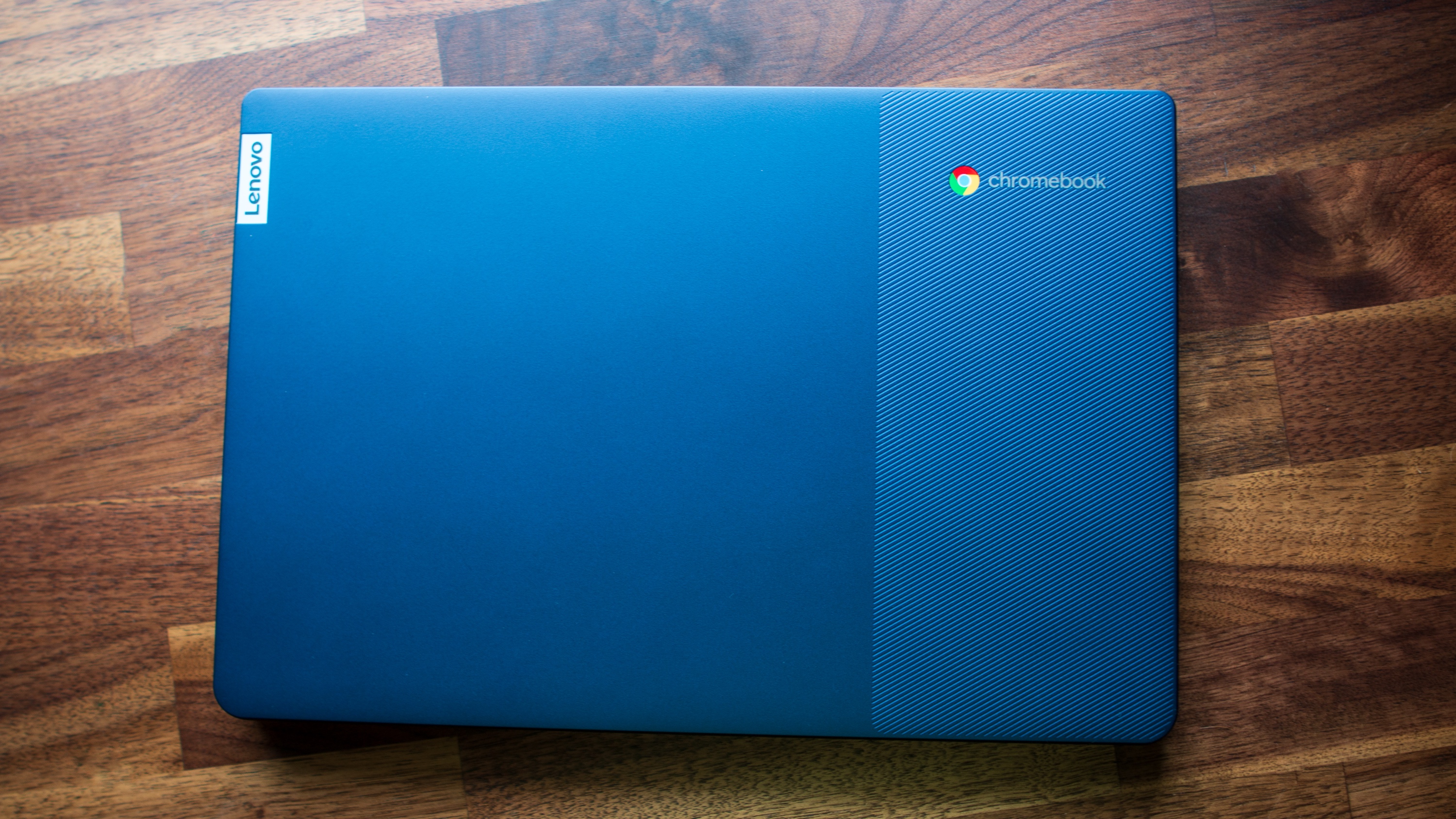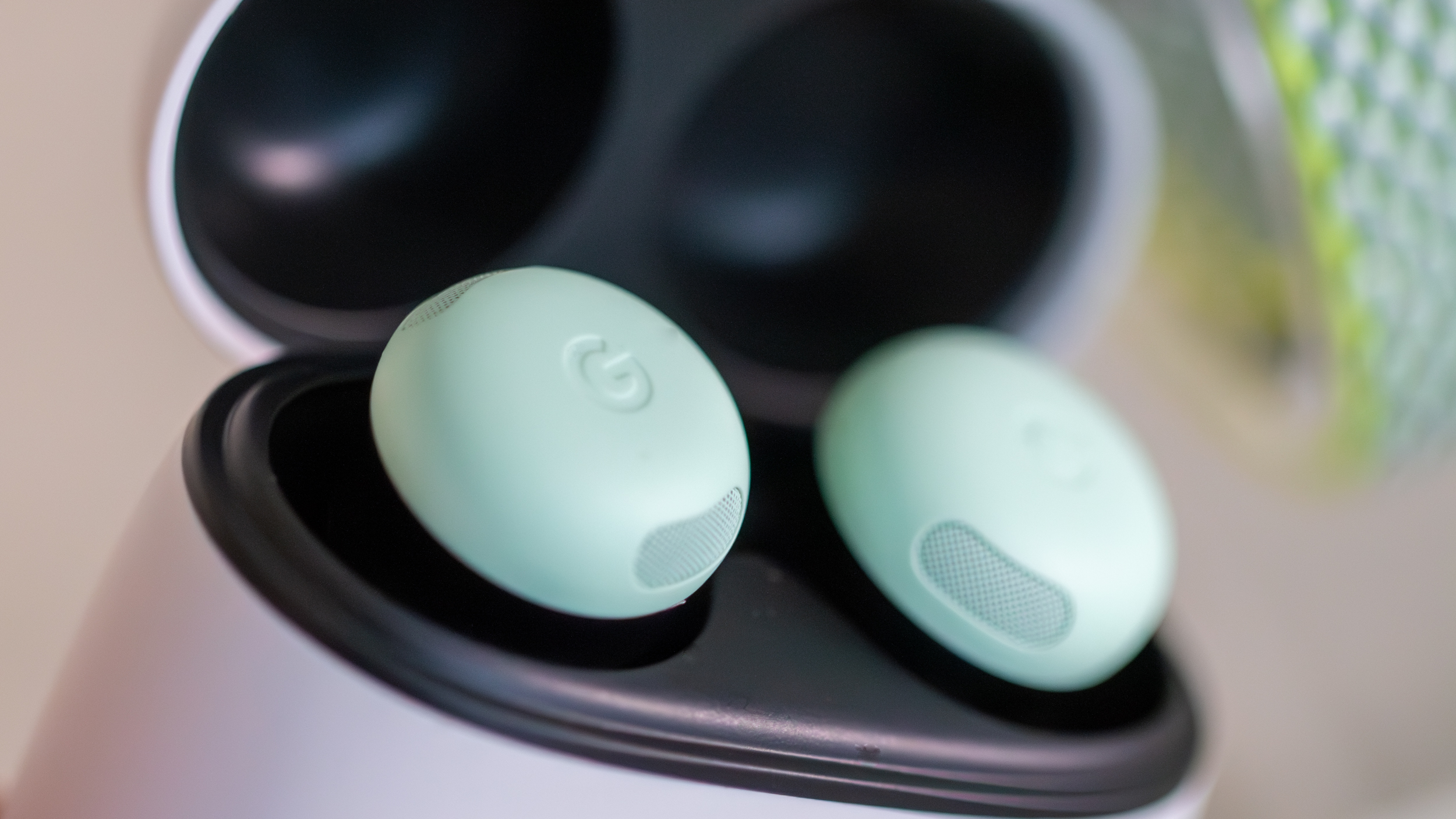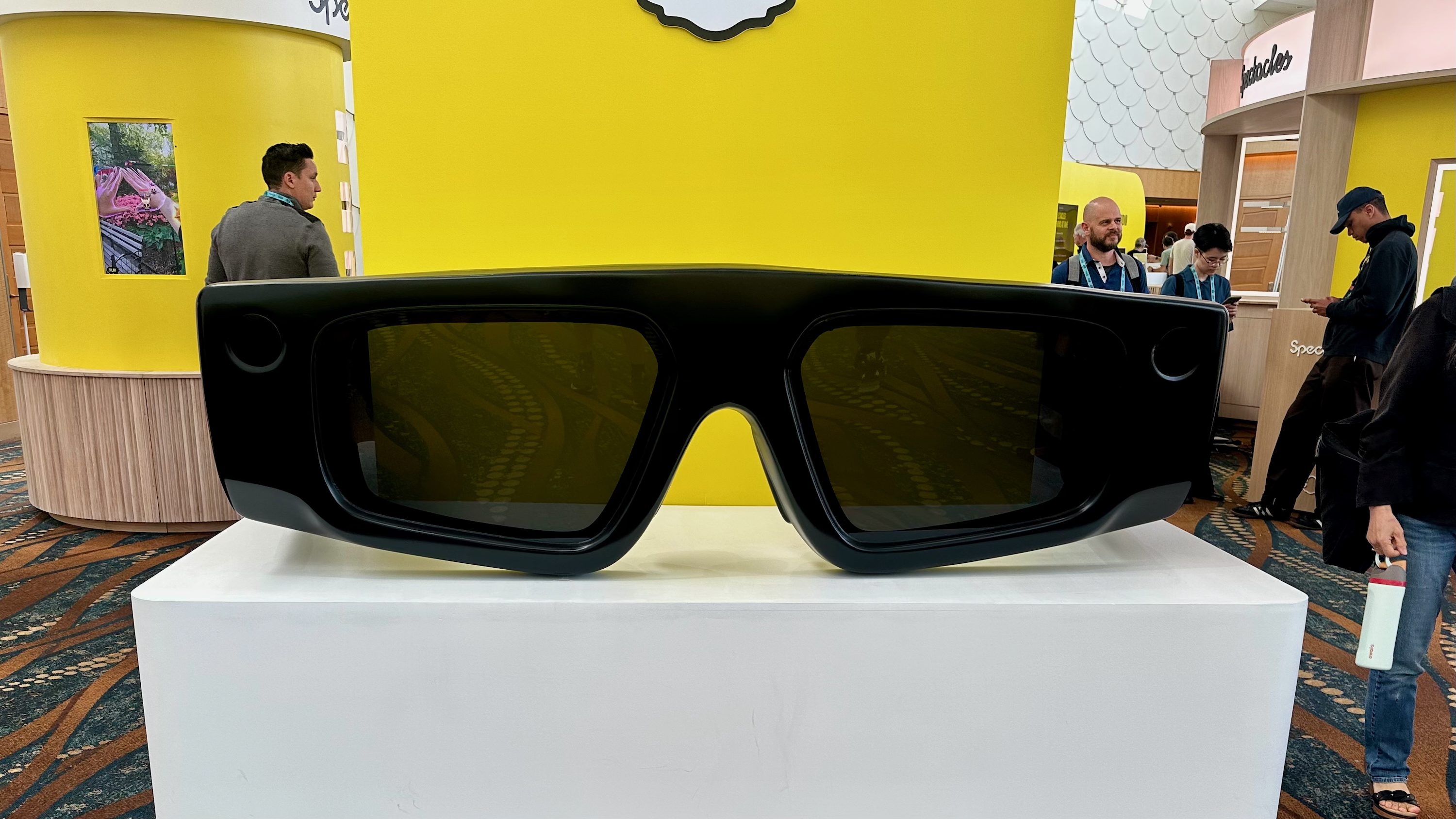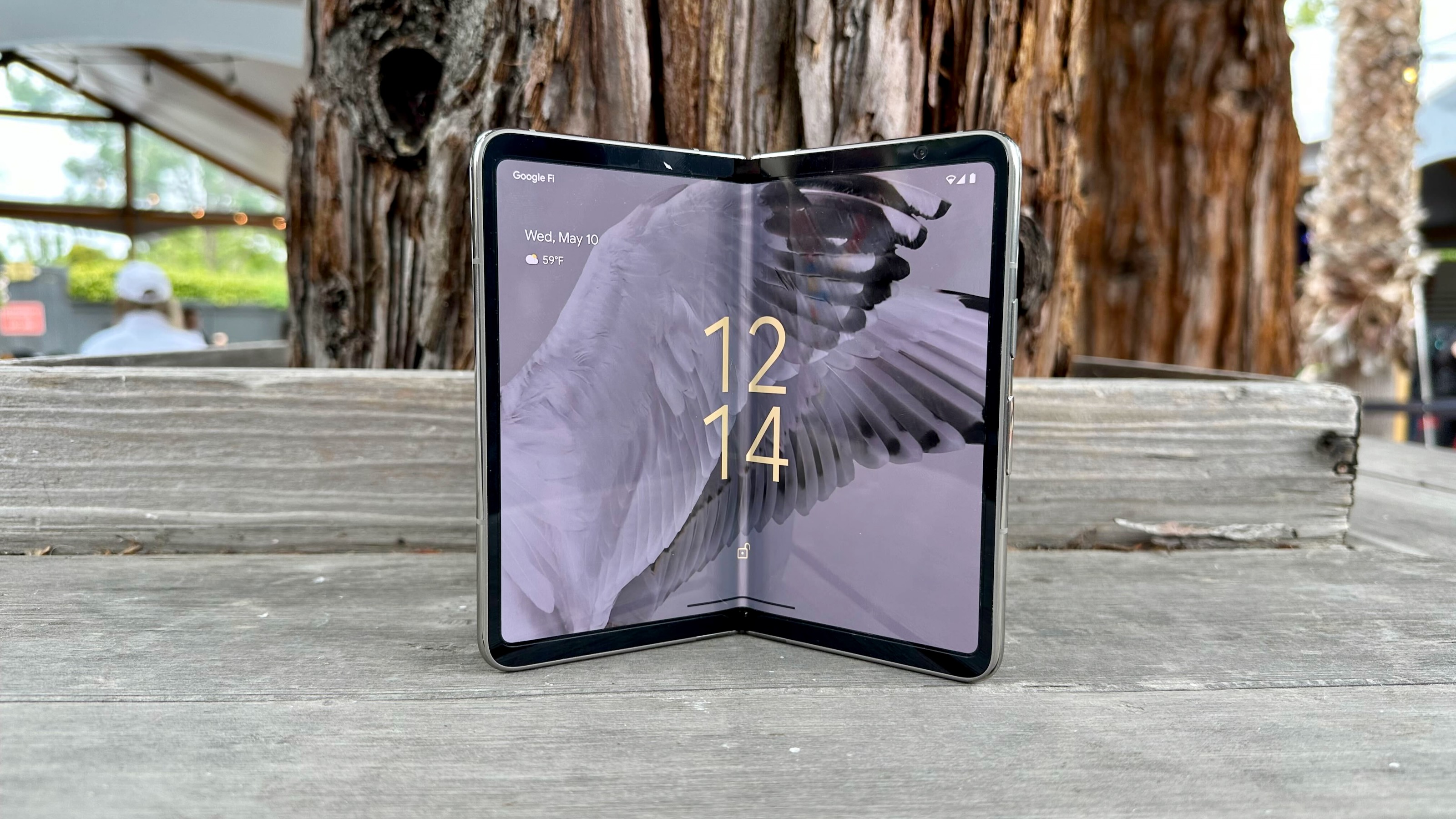Your Phone in 2035 Will Never Leave Your Pocket-and That’s Terrifying
Hello everyone. Once again, the tech prophets have descended from their glass towers to tell us how the smartphone, our ever-present hand-warmer and infinite doomscroll portal, will transform – not disappear – into some mystical “hub” for all the shiny toys in our expanding gadget zoo. According to Samsung, Motorola, and OnePlus, you won’t get rid of your phone, oh no, you’ll just touch it less. Like that gym membership you’re paying for. It’ll be right there, you’ll just sort of… ignore it while it silently spies on you and whispers to your XR glasses.
The “Hub” Concept – Or, How to Be Useless But Still Central
The vision here is pure sci-fi: calls beamed straight into your eyeballs, text messages floating in your field of view like intrusive pop-up ads, and navigation directions projected so you can find a café without ever looking down. A dream come true, unless you enjoy the quaint tradition of not advertising your destination to every passer-by. Motorola’s AI chief Jeff Snow says smartphones will remain “central,” which is corporate-speak for “we’ll still find a way to make you buy a new one every year.” But they’ll apparently work in harmony with your wearables and “connected ecosystems” – a term that sounds like a conspiracy-friendly euphemism for the Borg Collective.
Hardware Fantasies – Rollable Displays and the Cult of Thinness
Rollable displays? Sure, why not. It worked for old projector screens, why not something that costs more than your rent? Of course, they’ll need to solve “durability and power issues” first, which – translation time – means they don’t work properly yet. But we’re also being promised ever-slimmer devices, as though shaving off another 0.3mm of thickness will open the seventh seal and free us from battery anxiety. Qualcomm’s Chris Patrick assures us the “shrink” will continue and power efficiency will improve, which is marketing jargon for “We’ll keep making them thinner until they’re impossible to hold without snapping in half.”

AI: From Annoying Assistant to All-Powerful Overlord
Here’s the pièce de résistance: AI integration. Samsung, Motorola, and OnePlus all swear their benevolent algorithms will save you from the horror of *checks notes* having to click 13 times to complete a task. In the past, you navigated “walled gardens” of apps. In the future, AI will merge those gardens into one giant corporate-controlled mega-park. So instead of opening Spotify then Google Maps, your AI will just know you’re going to “that café” and play your coffee playlist before you order your caramel oat latte. How charmingly dystopian!
Blake Gaiser from Samsung waxes poetic about AI learning “the things that are meaningful” and suggesting routines based on your activity. Because nothing says privacy like your phone turning into an overzealous clinic nurse: “Mark, you’ve been doing this repeatedly. Shall we just automate that so you don’t have to strain that delicate, click-weary finger?” As a doctor, I’m concerned. As a gamer, I’m horrified. Next thing you know, it’ll be auto-queuing your Overwatch matches and selecting skins without your consent – the real end times.

Gaming and Conspiracy Mode Activated
Make no mistake, this is baked-in prep for the inevitable – the smartphone as the silent command center for all your gadgets: AR headsets, connected cars, smart fridges that shame you for your midnight cheese runs. Picture it like a MMORPG raid, except your phone is the guild leader, and all your devices are clueless DPS and healers following orders blindly. And yes, conspiracy theorists, it’s the perfect Trojan Horse for data harvesting at industrial scale. In a decade, your fridge won’t just tell you you’re out of milk – it’ll push a sponsored ad for oat alternatives, because your XR glasses saw you squint at dairy last week.
Final Boss Verdict
The future outlined here is sleek, data-rich, almost magical – and, if I’m honest, deeply unsettling. We’re promised convenience, but drip-fed dependency. Smarter devices? Absolutely. More seamless integration? You bet. But you’ll be surrendering more control, more privacy, and more human moments of actually touching the thing you own. Whether that’s worth it depends on whether you see AI assistants as helpful healers… or as the final boss in the dungeon of your personal autonomy.
As always, it’s not the hardware that will kill your joy – it’s the software slowly deciding what’s best for you.
Verdict: Technologically impressive, philosophically questionable, and ripe for monetization in ways we haven’t yet nightmare-fuelled enough about.
And that, ladies and gentlemen, is entirely my opinion.

Article source: What will your phone look like in 2035? It won’t even leave your pocket



